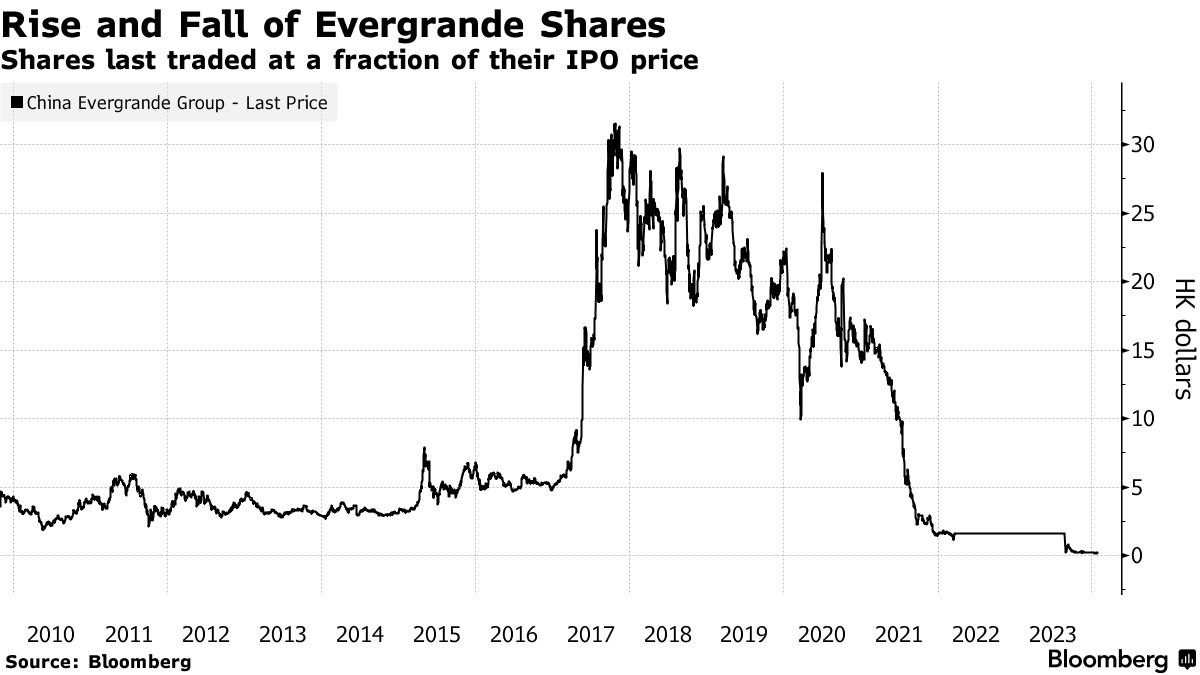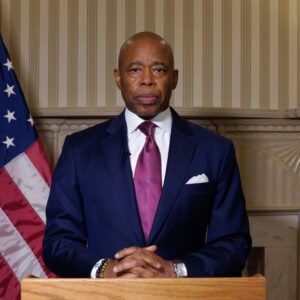A court in Hong Kong ordered Chinese real estate conglomerate Evergrande to liquidate assets following its failure to restructure its $300 billion debt.
The situation does not bode well for the Chinese market’s perception among financial analysts and bondholders, who fear that China is entering a period of economic downturn. Dozens of Chinese real estate firms have fallen since 2020 amid a renewed push by the Chinese government to tackle skyrocketing debt.
“It would be a situation where the court says enough is enough,” Judge Linda Chan said on Monday. She cited Evergrande’s “lack of progress on the part of the company putting forward a viable restructuring proposal” as well as its insolvency as reasons behind her decision. Evergrande was also given several court hearings over the two-year period since it first defaulted on a bond payment.
Learn the benefits of becoming a Valuetainment Member and subscribe today!
Evergrande is considered the most heavily indebted real estate developer in the world. Chinese firms have been relying on substantial borrowing for years, which has put a damper on China’s financial standing and has caused negative reverberations throughout domestic and international markets.
While Evergrande has $240 billion in total assets it can liquidate, it owes about $25.4 billion to foreign creditors and has over $300 billion in total liabilities, according to court documents. “It is indisputable that the company is grossly insolvent and is unable to pay its debts,” the documents explicitly say.
Evergrande’s Hong Kong-traded shares took a hit, seeing a plunge of 21 percent before it was taken off the market.
Evergrande chairman Hui Ka Yan was detained in September for criminal activity, which has prolonged the company’s recovery process.
“International investors will be watching closely to see if mainland courts accept the Hong Kong court’s ruling,” said Kher Sheng Lee, Asia-Pacific co-head of Alternative Investment Management Association, members oversee more than $3 trillion. “That could set an important precedent regarding Hong Kong’s ability to have its legal judgments enforced in China.”
“The company has made all efforts possible and is sorry about the winding-up order,” Evergrande Chief Executive Officer Shawn Siu said. “The company will ensure home deliveries and steadily promote normal operation of the group.” A company liquidation of this magnitude is unprecedented in Hong Kong—where 90 percent of Evergrande is based—so the future is far from clear.
See the video below or read a text version of it here for a deep dive into the problems facing the Chinese real estate industry.
 Shane Devine is a writer covering politics, economics, and culture for Valuetainment. Follow Shane on X (Twitter).
Shane Devine is a writer covering politics, economics, and culture for Valuetainment. Follow Shane on X (Twitter).



















Add comment